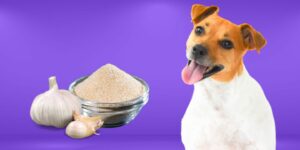Yes, many birds can eat walnuts as part of a varied and nutritious diet. However, it is important to consider the size and species of the bird and the potential hazards of feeding them this type of food.
Nutritional Value of Walnuts for Birds
Walnuts are a good source of protein, healthy fats, and various vitamins and minerals, including vitamins E and B6, magnesium, and phosphorus. These nutrients can be beneficial for the overall health and well-being of birds.
Types of Birds That Can Eat Walnuts
Most birds can eat walnuts as a treat, but some may be more prone to digestive issues or allergies. For example, smaller birds, such as finches and canaries, may have difficulty digesting the hard outer shell of a walnut. Larger birds, such as parrots and macaws, are more likely to be able to handle the texture and size of a walnut.
How to Feed Walnuts to Birds
If you choose to feed walnuts to your bird, it is important to follow a few guidelines to ensure their safety and health.
- Offer only a small amount of walnuts at a time as a treat, rather than making them a staple of the diet.
- Remove the outer shell before feeding, as it can be difficult for some birds to digest and may cause blockages.
- Chop the walnut into small pieces to make it easier for the bird to eat.
- Monitor the bird's reaction to the food and stop feeding if they show any signs of discomfort or illness.
Potential Risks of Feeding Walnuts to Birds
While walnuts can be a healthy and enjoyable treat for many birds, there are some potential risks to consider.
- Some birds may be allergic to walnuts or other types of nuts. Symptoms of an allergic reaction in birds can include swelling, itching, and difficulty breathing.
- Walnuts are high in fat, and overfeeding can lead to obesity and other health problems. It is important to offer walnuts in moderation and to maintain a balanced diet overall.
- Old, expired, or fungal walnuts due to the high amount of fat in them can be toxic for birds.
Conclusion
In conclusion, many birds can eat walnuts as a treat, but it is important to consider the size and species of the bird and the potential risks of feeding them this type of food. Offer walnuts in small amounts, remove the outer shell, chop them into small pieces, and monitor the bird's reaction to ensure their safety and health.


























